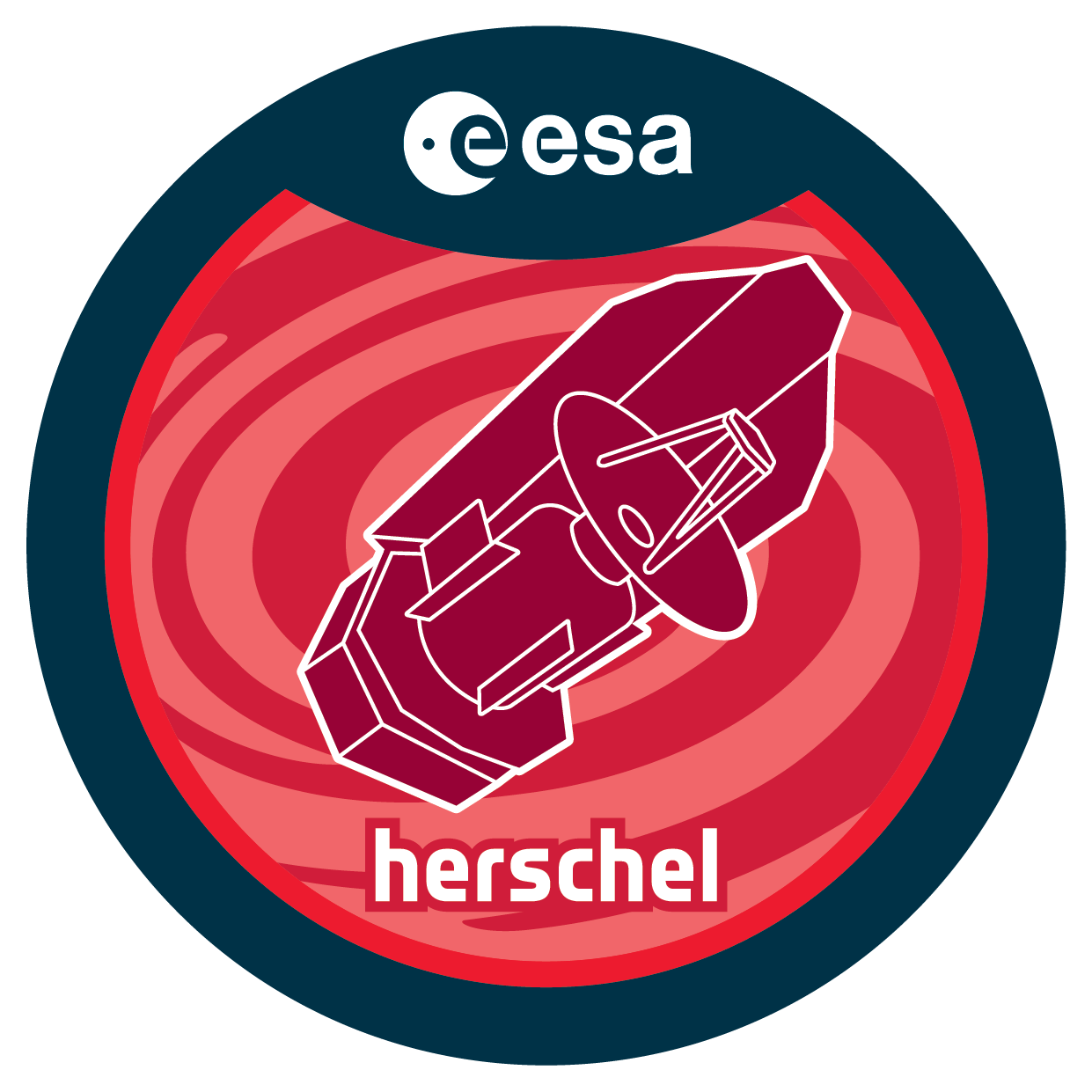

| Name | OT2_maravena_3 |
| Title | Completing the puzzle: Dense gas observations in star-forming disk galaxies at z~1.5 |
| URL | http://archives.esac.esa.int/hsa/whsa-tap-server/data?retrieval_type=OBSERVATION&observation_id=1342247133&instrument_name=PACS&product_level=LEVEL0&compress=true |
| DOI | https://doi.org/10.5270/esa-ojbi2ke |
| Author | aravena, m. |
| Description | The recent detection of large amounts of molecular gas in a sample of normal starforming galaxies at z~1.5 has opened up a unique window into the study of the population of galaxies thatdominates the star formation rate density of the Universe. Here, we propose pioneering PACS observations of the OI63um emission line in the best studied sample of four such galaxies that will allow us to carry out an unprecedented characterization of their star-forming properties. We aim to characterize the warm and dense neutral gas, in combination with our CO and FIR luminosity measurements, by comparing with radiative transfer models of the interstellar medium. We will be able to study the possible relation between the OI line and their main physical parameters (star formation rate, star formation efficiency, masses). Herschel is the only observatory capable of performing this kind of observations, that are forbidden to ground based observatories. We request a total of 32.63h of Herschel/PACS time toprovide the last piece in the puzzle that will permit to disentangle the properties on what appear to be the progenitors of galaxies like the MilkyWay. |
| Publication | |
| Instrument | PACS_PacsRangeSpec_point |
| Temporal Coverage | 2012-06-18T21:01:10Z/2012-12-10T03:26:37Z |
| Version | SPG v14.2.0 |
| Mission Description | Herschel was launched on 14 May 2009! It is the fourth cornerstone mission in the ESA science programme. With a 3.5 m Cassegrain telescope it is the largest space telescope ever launched. It is performing photometry and spectroscopy in approximately the 55-671 µm range, bridging the gap between earlier infrared space missions and groundbased facilities. |
| Creator Contact | https://support.cosmos.esa.int/h®erschel/ |
| Date Published | 2013-06-09T22:05:43Z |
| Last Update | 2025-01-24 |
| Keywords | Herschel, HSC, submillimetre, far-infrared, HIFI, PACS, SPIRE |
| Publisher And Registrant | European Space Agency |
| Credit Guidelines | European Space Agency, aravena et al., 2013, 'Completing the puzzle: Dense gas observations in star-forming disk galaxies at z~1.5', SPG v14.2.0, European Space Agency, https://doi.org/10.5270/esa-ojbi2ke |